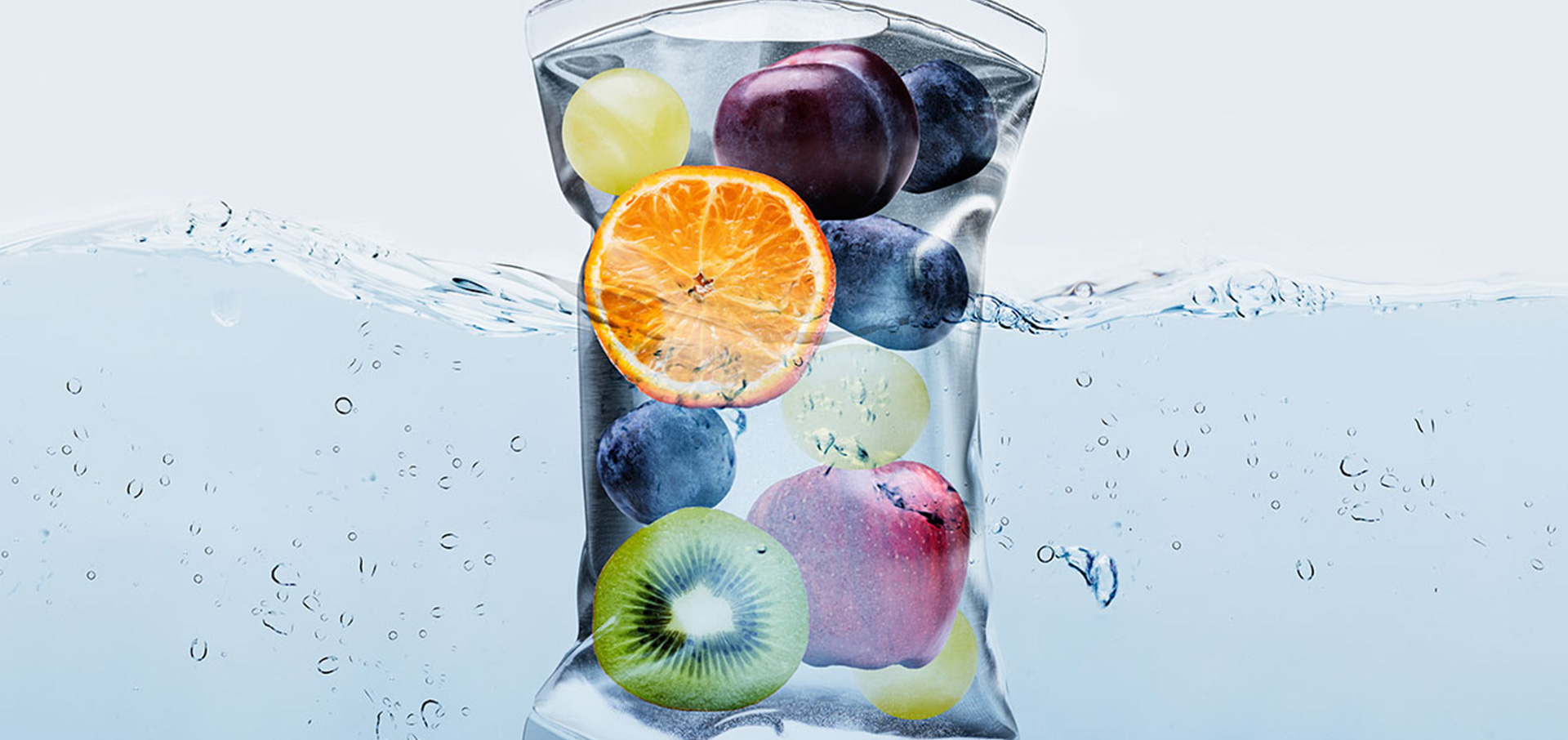You’ve heard all about hangover IVs to replenish the body after a night of partying, but how can the treatment help non-drinkers?
Fast Facts
IV nutrient therapy or intravenous nutrient therapy has traditionally been used in hospitals to help patients rehydrate or recover from life-threatening nutrient deficiencies.
Commonly seen ingredients in an IV vitamin drip are vitamin C, B vitamins, magnesium, and calcium.
IV therapy entails delivering vital fluids in your body directly through the veins, by- passing the gastrointestinal system. Because IV treatment is administered directly into the veins, the results may be faster than those of oral or other traditional medicines. Physicians believe IV nutrient therapy can be safe, effective and restorative, and can be customized to suit the unique needs of each patient individually.
What can I expect from the first session?
Our provider will review your medical history, lifestyle and medications prior to your first session. The ingredients in your IV therapy treatment are tailored to suit the unique needs of your body. Because IV treatment is administered directly into the veins, vitamins and minerals become immediately available to the body. Unlike oral supplements, vitamins and minerals administered into the vein may help your body achieve these benefits faster–
Energy production
- Detoxification
- Boost the immune system
- Decrease arterial plaque
- Combat chronic fatigue
What’s happening to my body during an IV therapy session?
During an IV vitamin drip, your body is receiving a higher concentration of the vitamins, minerals and amino acids. Supplements with these same compounds that are taken by mouth have to be broken down in the stomach and digestive tract, allowing your body to absorb only about 50 percent. If, however, the vitamin is given through an IV, it’s absorbed at a much higher percentage and the body gets to utilize 90 percent of what you’re putting into it.
Supplements with these same compounds that are taken by mouth have to be broken down in the stomach and digestive tract, allowing your body to absorb only about 50 percent.



